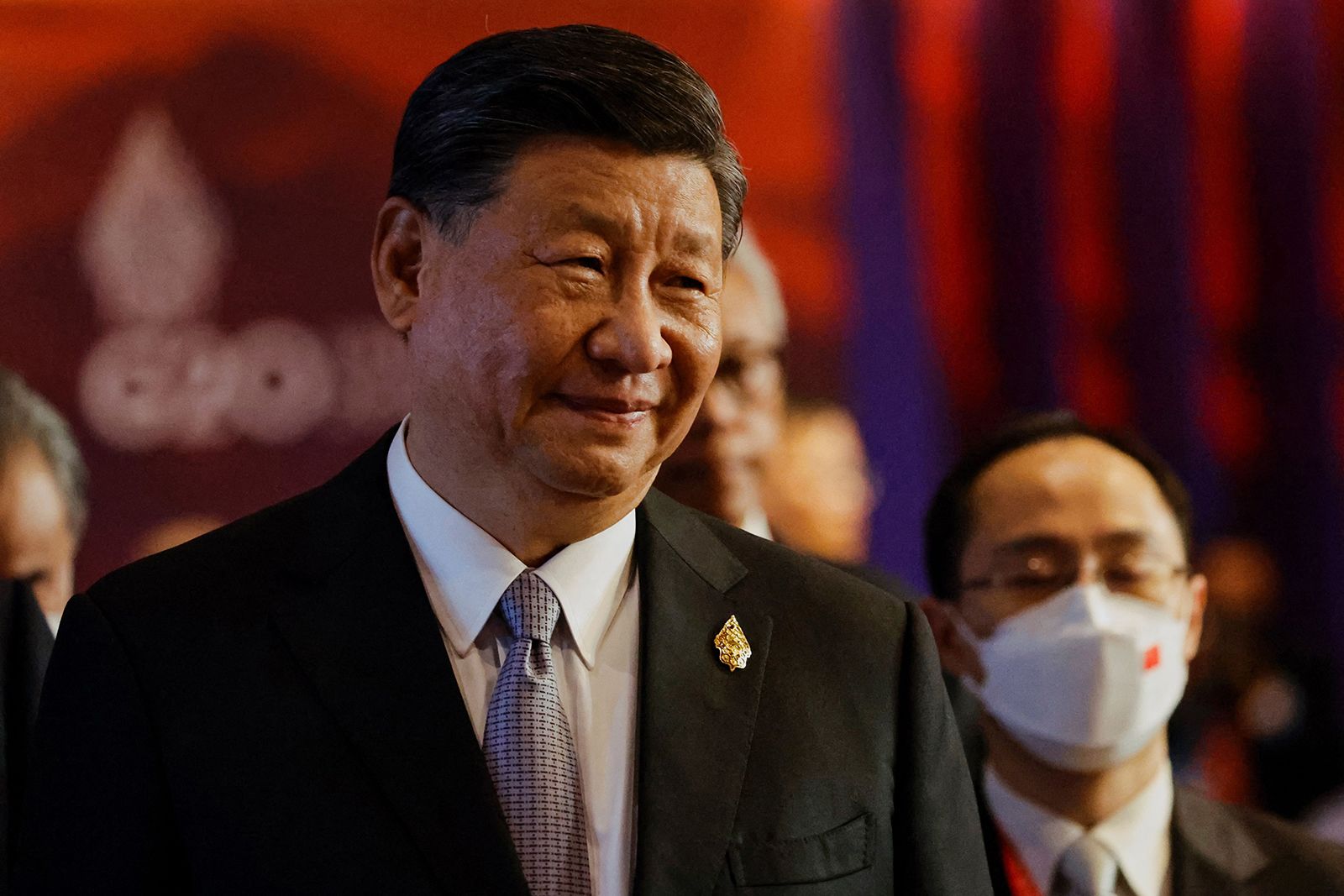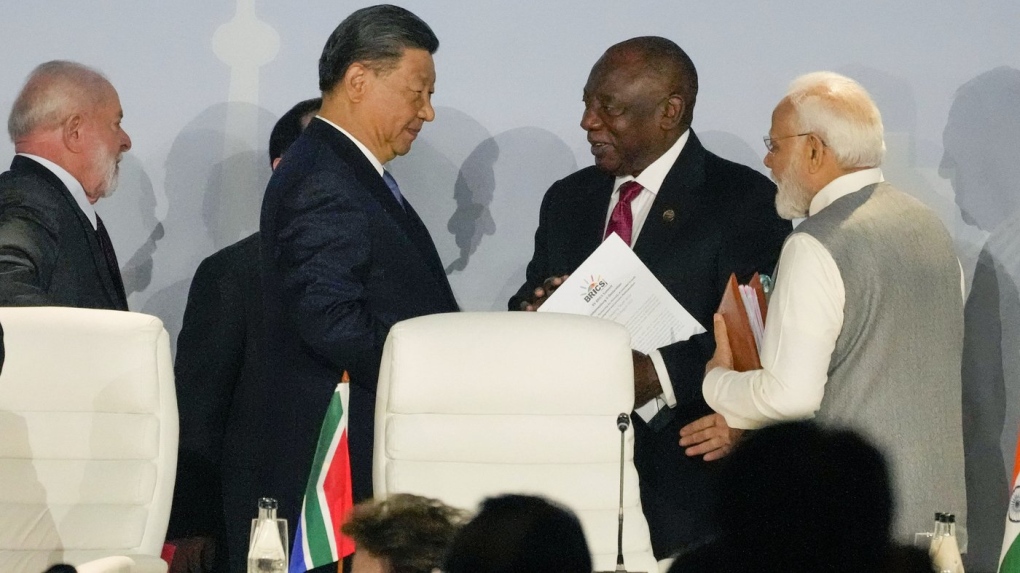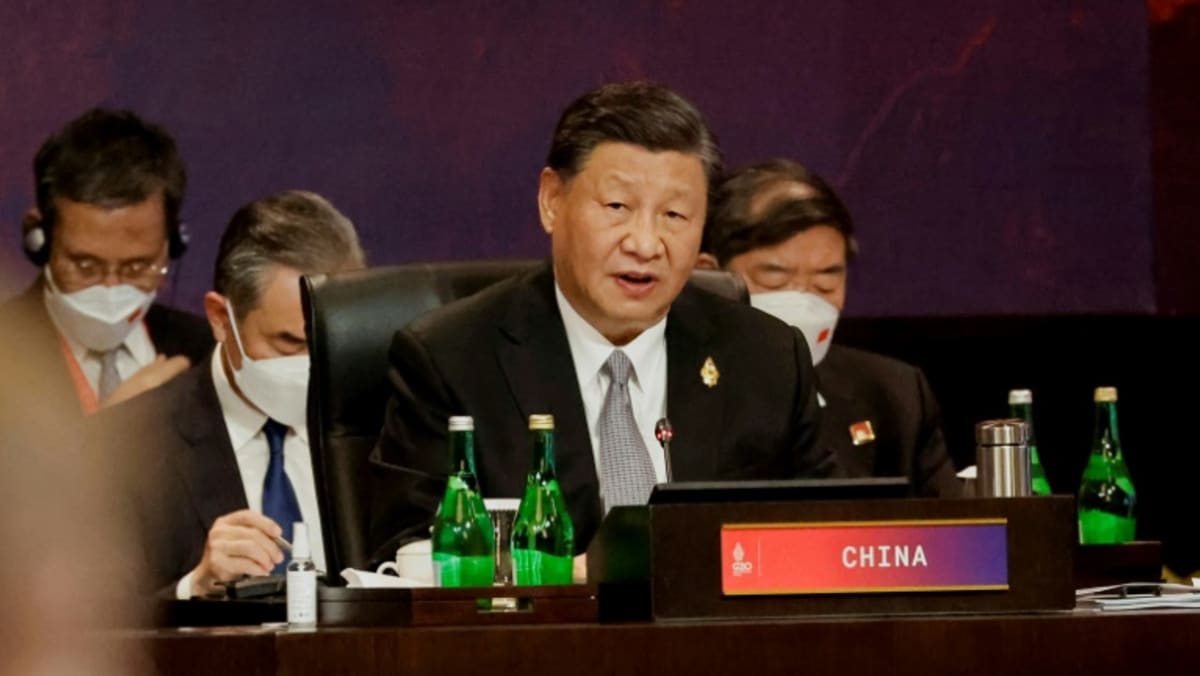China’s Xi Jinping Set to Skip G20 Summit in India Amid Escalating Tensions: Sources

China’s Xi Jinping Set to Skip G20 Summit in India Amid Escalating Tensions: Sources
In a turn of events rife with diplomatic implications, Chinese President Xi Jinping appears inclined to forgo attendance at the upcoming G20 summit, scheduled to convene in India on September 9-10, according to sources cited by Reuters. The absence of President Xi at this critical international gathering could potentially cast a shadow over the proceedings, fostering speculation about the underlying geopolitical dynamics at play.
The G20 summit, renowned for bringing together the world’s major economies, serves as a platform for leaders to discuss and deliberate upon global economic issues. The possible no-show of President Xi has captured international attention due to its potential to signify deeper tensions and the intricacies of international relations.
Reportedly, the reins of representing China at the summit could be handed to Chinese Premier Li Qiang. The move, if realized, would place Premier Li in the spotlight as he steps onto the global stage to engage in discussions that could influence the trajectory of the world economy.
Tensions on Display: The Arunachal Pradesh Dispute
The escalating tensions between India and China take center stage in the backdrop of this anticipated summit absence. Earlier this week, India voiced a strong protest in response to China’s release of a “standard map,” wherein Arunachal Pradesh, a region claimed by both nations, was depicted as an integral part of China’s territory. This act not only stirred immediate diplomatic ripples but also added an extra layer of complexity to the already intricate relationship between the two Asian giants.

Arunachal Pradesh, nestled in the eastern Himalayas, has long been a point of contention between India and China. While India considers it an integral part of its northeastern state, China stakes its own claim, referring to the region as South Tibet. The divergent territorial assertions have fueled border disputes and standoffs, leading to military tensions in recent years.
The Xi Jinping Conundrum
President Xi’s rumored decision to skip the G20 summit raises eyebrows due to its potential to impact global dynamics. As one of the world’s most powerful leaders, Xi’s absence could potentially be interpreted as a diplomatic maneuver, shedding light on the sensitive nature of Sino-Indian relations.
Experts suggest that Xi’s absence might not be a mere scheduling conflict but could be indicative of the escalating tensions between the two nations. With both India and China jostling for regional dominance and economic superiority, each move and gesture by their respective leaders is under a microscope.
It is worth noting that Xi’s absence from this significant gathering would not be the first of its kind. In 2020, Xi also chose to skip a similar virtual G20 summit hosted by Saudi Arabia. The decision then was attributed to the domestic challenges posed by the COVID-19 pandemic. However, this time around, in a post-pandemic scenario, the context and implications could differ considerably.
Premier Li Qiang’s Potential Role
If Premier Li Qiang steps in to represent China at the G20 summit, it would underscore the intricate web of politics and diplomacy at play. Premier Li, known for his economic acumen and leadership style, could find himself navigating complex negotiations and discussions that extend beyond economic matters.

The premier’s involvement could signal China’s commitment to economic stability and multilateral cooperation despite the conspicuous absence of its head of state. It could also provide an opportunity for China to project itself as a responsible global stakeholder, willing to engage in constructive dialogues on pressing issues, even in the absence of its paramount leader.
Global Ramifications
The G20 summit is not merely a platform for economic discussions; it also serves as a stage for world leaders to discuss pressing global challenges, including climate change, public health crises, and international security. The potential nonattendance of President Xi adds a layer of uncertainty to the outcome of these discussions.
The absence of a prominent world leader like Xi Jinping could hinder the ability of the G20 to present a unified front on critical issues. It might also dampen the prospects of significant breakthroughs and collaborations. The importance of cohesive international efforts, especially in a world grappling with multifaceted challenges, cannot be overstated.

Conclusion
As the world waits with bated breath for confirmation of President Xi Jinping’s attendance or absence at the G20 summit in India, the diplomatic and geopolitical implications are abundantly clear. The tensions between India and China, coupled with the disputed depiction of Arunachal Pradesh on China’s map, serve as a reminder of the intricacies and sensitivities involved in international relations.
Whether President Xi’s absence is rooted in strategic calculations, domestic priorities, or other factors, it inevitably shapes the narrative surrounding China’s global posture. Premier Li Qiang’s potential role further highlights the complex nature of international diplomacy and the efforts required to maintain stability and cooperation in an interconnected world.
As global challenges persist, the need for collaboration and dialogue remains paramount. The G20 summit stands as a litmus test for the international community’s ability to overcome differences and work towards shared goals. The absence of any world leader, particularly one as influential as Xi Jinping, undoubtedly impacts the balance of this delicate equation.




